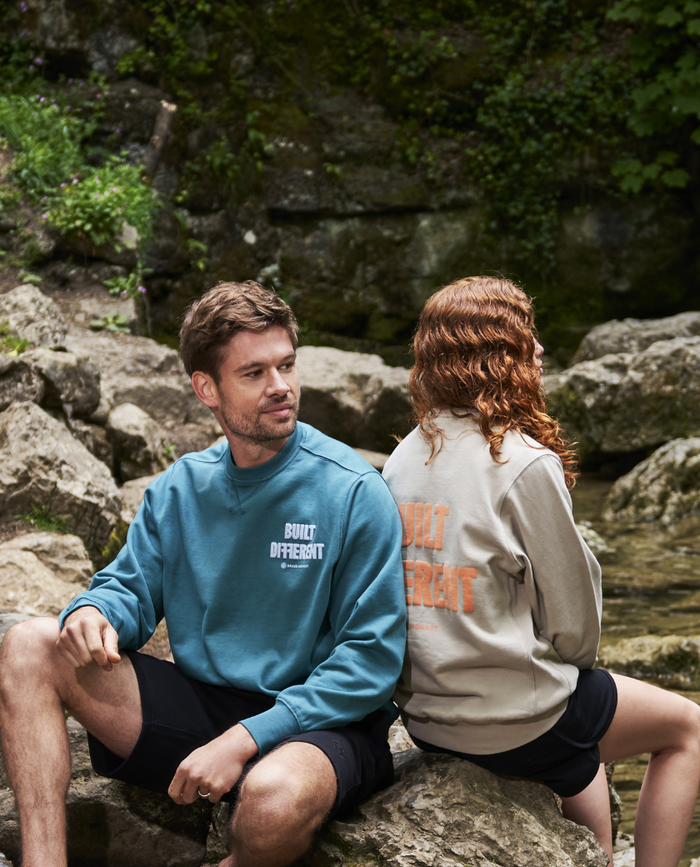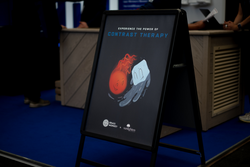We ask Laurence Fountain: The cold as a hormetic stressor, like exercise, what do you believe about the cold in terms of resilience building?

“Well, everything has a tipping point. I see it as “chosen suffering”. The ice is another option to make that moment in your life a little bit more difficult. To callus the mind. To be in a position where we actively choose not to choose the easy route. And there might not be any other motivation other than to maybe toughen up a bit. Because everyone’s aware that life has a tendency to throw you a curve ball every now and again. Sometimes you see people who have had easy lives and they get themselves into a situation where life gets tough. You know, they don’t handle it well. And whether it’s exercise and brutalising yourself in training or hitting the streets for a long run, pushing your limits or staying in a sauna, fasting for long periods of time or any discipline that requires a little bit of suffering just gets the body and the mind in a place of deep deep gratitude for everything that you have around you.
So to answer ‘is it a good stress?’ Yes. Should it be abused? Like anything, no, of course not. Is it always the right time to get into the ice bath? No. For us, it will be about a little assessment of the current stressors that are going on in their lives. Do we want to add more physiological stress? Exercise isn’t a huge stress, but still, there are certain pathways in the brain that change physiology massively when we exercise, even though it’s only an acute stress.
I think the danger in the modern world is that constant exposure to that low-level stress. That low-level stimulus. The bills that come through the door each month. The rent. The kids growing up. It doesn’t even have to be chronic, sometimes it can be so little it’s not even worth complaining about but it slowly degrades your quality of life. It impacts your sleep, your happiness, your mood, your digestion, and your nervous system. And the worst bit is when it’s not acute, it’s easy to get used to. It’s easy to accept. It’s easy to find your new normal. And sometimes that’s the real danger. I don’t think an Ice Bath is ever going to be in a position where it’s heavily accused of causing long-term, low-level stress!
We see the impact of the abuse of training quite frequently in people who get addicted to the endorphins, that exposure to a kind of opiate, and how that can impact people’s anxiety and depression. But they’re not informed about it. I can’t believe there’s ever going to be a situation where someone’s going to overdo the ice in any way."













